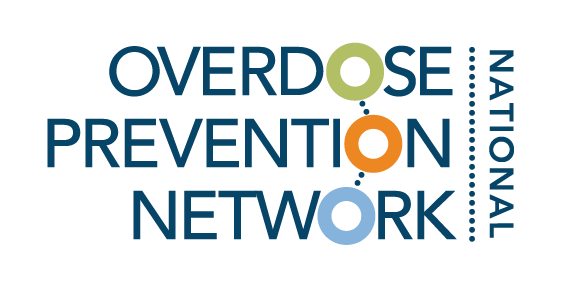
Trending Topics
The overdose crisis continues to evolve. For those on the ground, it is critical to follow the trends and learn what’s working in other communities. Read below for trending issue areas and available resources to steer your efforts in overdose prevention.
COVID-19
There’s no denying that the COVID pandemic has exacerbated the overdose crisis. Fortunately, there's hope and a renewed opportunity to adopt innovative strategies to combat addiction and prevent unnecessary deaths.
We’ve seen reduced restrictions on the use of telemedicine for addiction treatment, improving access to care and we know that overdose prevention strategies including Naloxone delivery trucks and “Never Use Alone” hotlines help save lives.
Resources
Fentanyl
Fentanyl is cheap, potent, and extremely addictive. It is involved in the majority of U.S. overdose deaths and has saturated the illicit drug supply. To increase profits, dealers often mix it into pills and other drugs including cocaine and ecstasy. Increasingly, young people unknowingly take fentanyl, leading to a surge in overdose deaths. There are also many people that use drugs who prefer fentanyl over injecting heroin. This shift in the drug landscape requires new approaches to overdose prevention.
Resources
Fentanyl Testing Strips (FTS)
In 2021, the Centers for Disease Control and Prevention (CDC) and the Substance Abuse and Mental Health Services Administration (SAMHSA) announced that federal funding may now be used to purchase rapid fentanyl test strips (FTS) to help curb the dramatic spike in drug overdose deaths driven by illicit fentanyl
Resources
Discover more resources for overdose prevention
National Opioid Settlements
After years of litigation, several major opioid settlement agreements are being finalized with states and communities across the country. States have discretion on how the funds will be spent, with the potential to transform local investments in overdose prevention and treatment.
Resources
Stimulants
In addition to fentanyl, stimulants (e.g., methamphetamine, cocaine, and amphetamine) are involved in the surge of overdose deaths. Stimulant use disorder is exceedingly difficult to treat, with no approved medications. While there is significant focus on fentanyl and other opioids, it is critical we pay attention to prevention of stimulant use and invest in innovative treatment strategies.
Resources
Trauma-Informed Practice
Substance use, trauma, and mental health disorders are intrinsically linked, generating a growing demand for trauma-informed care. Those working in overdose prevention are also experiencing unprecedented levels of toxic stress and burnout. Trauma-informed practices should be central to our work in overdose prevention, including support for those doing the work to save lives.
Resources
Training Webpage and Messaging Products for ACEs, Overdose, and Suicide Prevention
Video: Trauma-Informed Practice Part 1: Fundamentals of Trauma-Informed Practice
Video: Trauma-Informed Practice Part 2: Toxic Stress & Burnout
Video: 988 is Here: How to Align Efforts and Leverage America’s New Hotline to Prevent Overdose
Discover more resources on behavioral health
Youth Engagement
Overdose deaths among U.S. teenagers nearly doubled in 2020 and continues to rise with the threat of fentanyl increasing their vulnerability to overdose. The time is now to focus attention and energy towards youth, being mindful and intentional with language that speaks to young people. To be successful, we need to bring youth themselves to the table to help generate prevention messaging and serve as trusted messengers among their peers.
Resources
COPN Stories From the Field: Youth Substance Use Prevention in Sacramento
Elevating the Essential Role of Youth Outreach and Engagement in Treating Substance Use Disorders
Supporting Coalitions in Overdose Prevention Services and Approaches for Youth
Discover more resources on youth engagement








